Our Area
Tribal Heritage - The Confederated Tribes of the Coos, Lower Umpqua and Siuslaw Indians
The Confederated Tribes of the Coos, Lower Umpqua, and Siuslaw Indians
A good place to live, everything we need.
Since Time Immemorial, we have centered our lives around water. Our rivers streams and springs have and continue to provide an abundance of fresh water and food, access to materials for traditional culture, canoeing routes and ceremonial practice needs. Water inspires our stories and songs.
Our Ancestors lived in large and small villages as well as seasonal camps where they returned year after year. The rivers guided the locations of villages and homes as well as gathering grounds. Before the impacts of disease and forced removal, thousands of our Ancestors lived on the Siuslaw, Umpqua and Coos rivers. Most people lived near or along the river mouths, where the diversity of resources is especially dense. The coast range and inland streams were valued for hunting, gathering, fish camps and trade routes with inland Tribes.
Our Ancestral homelands extend from the forested slopes of Oregon’s coastal mountain range in the East to the dunal and rocky shorelines of the Pacific Ocean in the west, a vast region of almost two million acres. It includes the Siuslaw, and western Umpqua, as well as the Coos watersheds and numerous coastal lakes.
Abundance
A vision of abundance is built through commitment to continue our traditional practices and care for our homelands supported by the perseverance and spirit of our Ancestors.
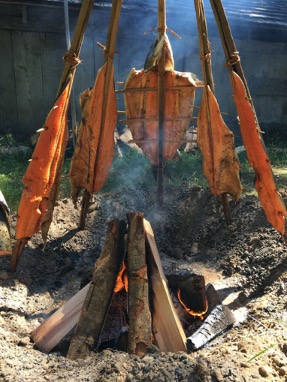
Abundance is a collection of our story over time. Our story begins with creation of the world and provides a way of understanding how things came to be and become familiar with our world. It is important that our world was created with good intentions, in other words a good heart.
Tribes and other groups identify their own version or unique story of the creation of their land, people and animals. These stories are very old and have been passed down for generations, some millennia.
When the tide is low, the table is set!
The abundant streams, rivers, lakes and estuaries are the centerpiece of all life for our communities. Here we fish, gather shellfish, hunt ducks, elk and deer, and harvest native plants for food, shelter, medicine and basket materials. The protection of our water is critical as it brought an abundance of fresh, nutritious food and materials and a diverse ecology here.
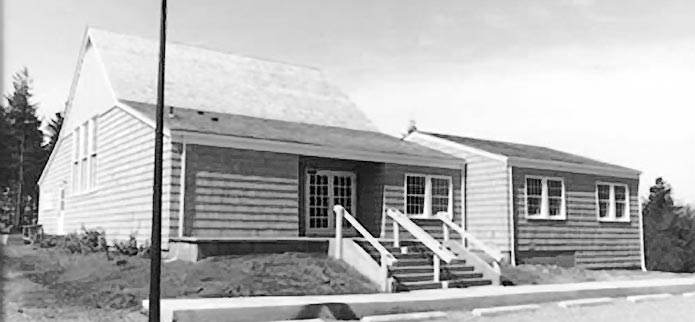
Here, forever
The lands and waters of our Ancestors were not “untouched” or “unoccupied” as many history books, museums and some textbooks suggest. We have always been here as evidenced extensively in the historic record and as seen in our landscapes if you are looking. For example, Tribes have always managed their important resources like plants used for weaving, medicines, tools or first foods.
Additionally, stewardship and management is embedded in our language, stories and ceremonies. We actively work to steward our resources through environmental and cultural programming.
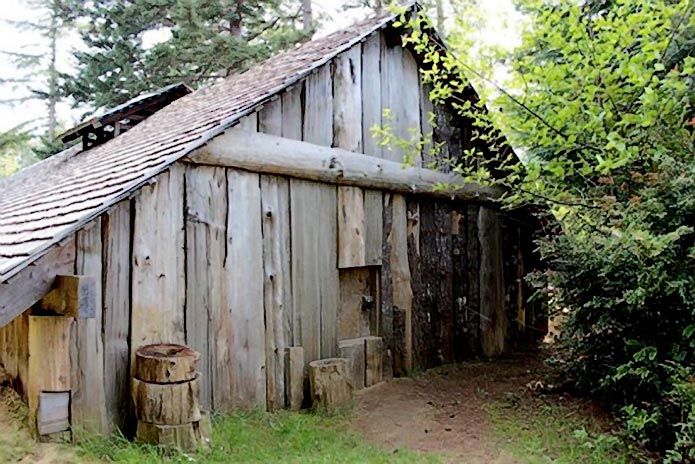
Promoting Culture and Sovereignty
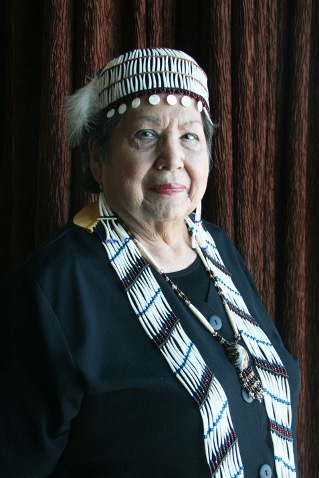
Photo: Ceremonial Hat, made from dentalium shells, abalone shells, seed beads, leather, and eagle feather made by Sue Olson, Quuiich (Lower Umqpua). - Photographer Morgan Gaines.
Our Tribal government embraces our Tribe’s lessons and lifeways to protect, inform, and enhance the lives of our people, the health of our environment and the sustainability of our community.
The work of our Tribal government is vital to ensure future generations are able to practice their culture and continue to call the coast our home.
“As a sovereign nation, we honor and look to our ancestors' thousands of years of experience on the land, as we guide the Tribes forward for the next seven generations; promoting health and successful families; affirming and nurturing our culture and acknowledging our responsibility to the land and the Tribal community.” -CTCLUSI mission statement circa 2009.
Traditional Knowledge
Our Ancestors were keen observers of the life around them. For hundreds of generations, our understanding of seasonal fluctuations, the best practices to gather essential, nourishing foods and the interplay between the two, has been incredibly valuable, detailed and nuanced.
On the landscape, we can see the evidence of past stewardship and practice if we look in the forests, along the shorelines, and in the estuaries.
Traditional knowledge was used to implement stewardship practices that supported an abundance of resources. Today, we draw on the traditional knowledge passed down to us, as well as methods of western science to monitor our important places and track the changes happening in our homelands and waters due to climate change.
We work with our neighbors and a variety of other organizations to monitor the health of ocean waters, track the spread of invasive species and restore the nearshore environments and inland streams that sustained our people since Time Immemorial, rich with runs of salmon, lamprey, flounder, herring and healthy populations of crabs, crawfish and more.
Ecosystem Health
The Tribe works every day to care for the ecosystems within our Ancestral boundaries, shorelines, and beyond. This work includes collaborations with our watershed partners to restore salmon and lamprey habitats as well as improving water quality and use of native plants that have cultural significance.
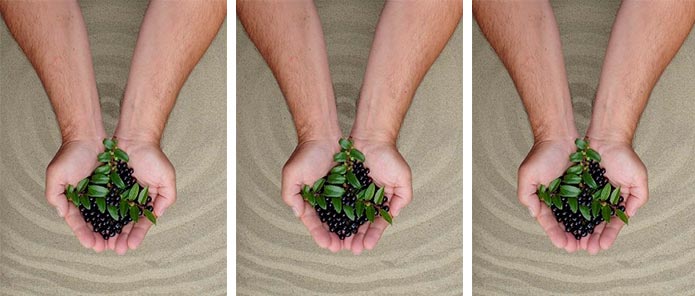
Hiis haiyach, with a good heart
For hundreds of generations, we have lived in balance with, and as part of, the natural world around us. We call salmon, huckleberry or cedar our “relatives” because, just as we cherish and rely on our human family members for survival and friendship, we are deeply interconnected with all forms of life that surround us.
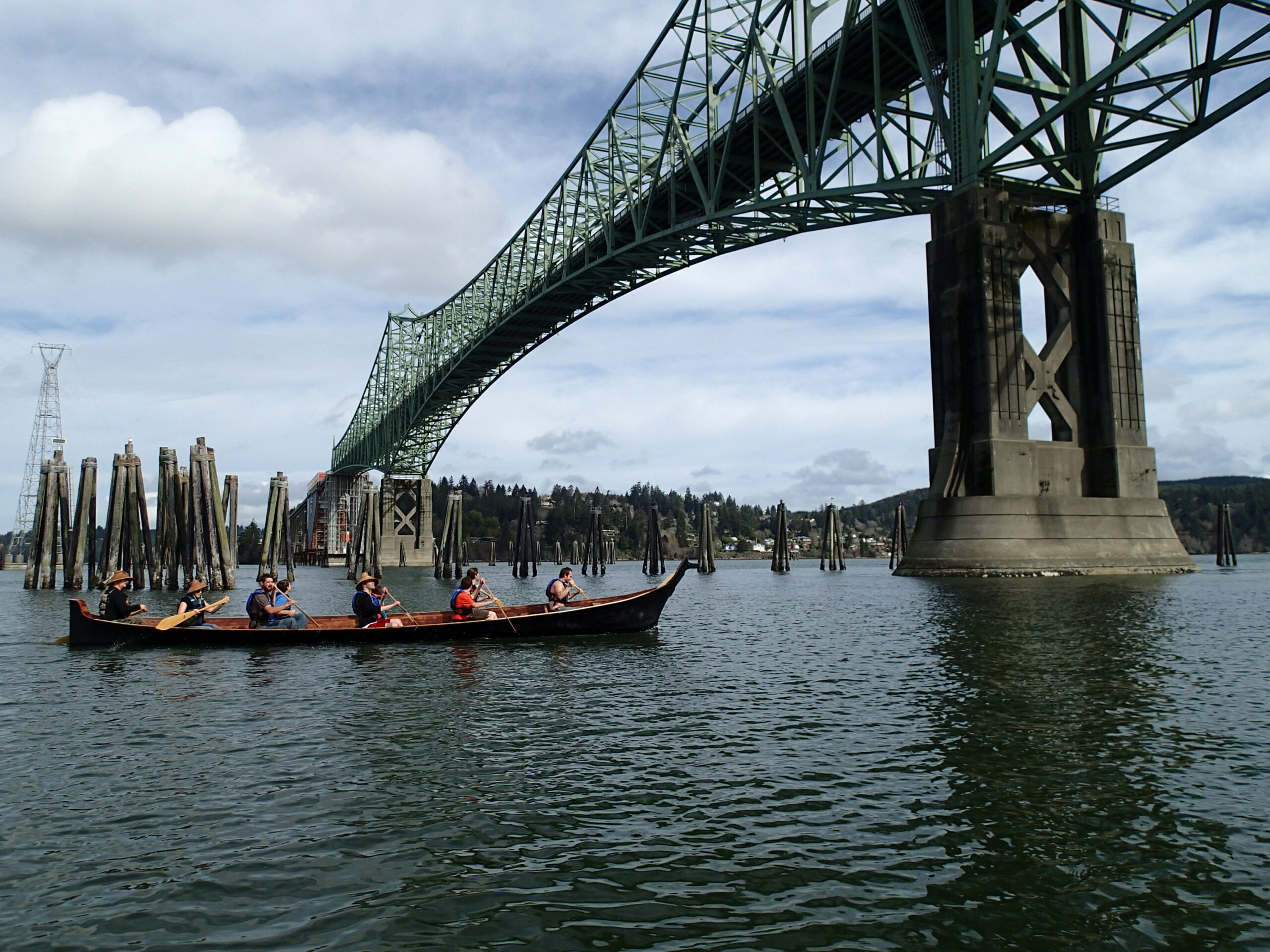
Canoe People
A canoe is an excellent way to get to your destination if you live on a river! Canoes are used to visit family or friends, attend a ceremony, head to a gathering spot or make your way to the ocean for a larger expedition.
Today, throughout the year, but mainly in the spring and summer and fall, Tribal people get their canoe, paddles and gear ready and take to the rivers. We join in local races, train for the annual Canoe Journey, or visit old natural or cultural landmarks or village sites.
We honor the traditional connection all Tribal communities have to the water through canoeing. Each year, we gather for Canoe Journey, a special event that is helping revitalize culture and restore our connections to each other and the lands and waters of our home.
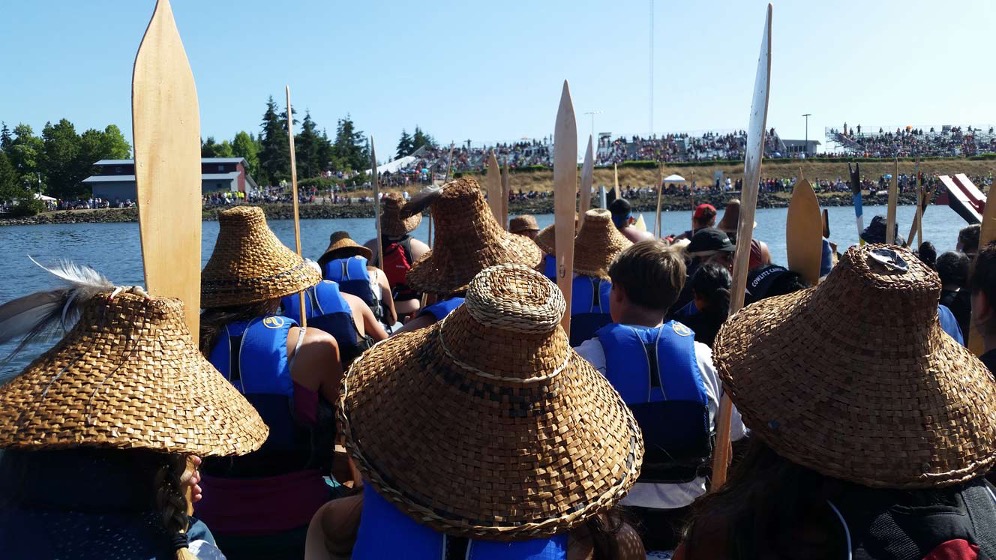
Community and Leadership
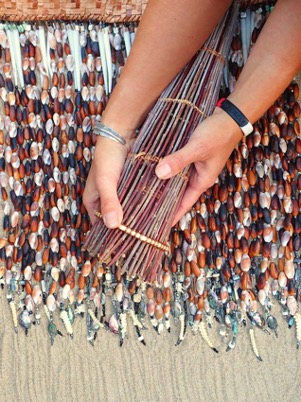
Today, our Tribe is guided by a Chief and Tribal Council, who work together to ensure the well-being, strength, and prosperity of our people and to ensure that the cultural abundance shared by storytellers, artists, and leaders of the past is accessible to future generations.
Our modern-day government structure resembles federal or state governments with citizens electing leadership. Leadership, the Tribal Council, oversees the administration and departments that promote a core mission. There are some differences. These include roles, such as Chief, and responsibilities such as promoting cultural beliefs.
After restoration in 1984, a constitution was drafted and adopted by our member citizens and is our foundational governing document. The core elements to this constitution include promoting and protecting our culture and unique identity.
The Tribal government works to ensure sovereignty – sovereignty describes the inherent right of Native American Nations to exercise self-governance. Tribal sovereignty predates the existence of the U.S. government and the state of Oregon. Tribal governments are separate and unique sovereign nations with powers to protect the health, safety and welfare of their citizens and to govern their lands, air and waters for the benefit future generations.
Promoting Culture and Sovereignty
Our Tribal government embraces our Tribe’s lessons and lifeways to protect, inform, and enhance the lives of our people, the health of our environment and the sustainability of our community.
Contact Us
Confederated Tribes of the Coos, Lower Umpqua and Siuslaw Indians
1245 Fulton Avenue
Coos Bay, OR 97420 Phone
(541) 888-9577
Further details are at https://ctclusi.org/ .

